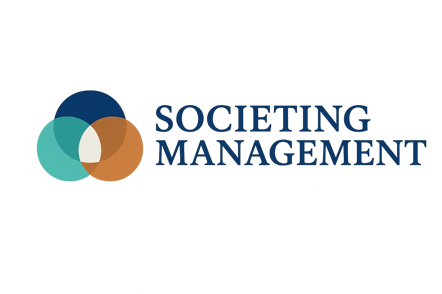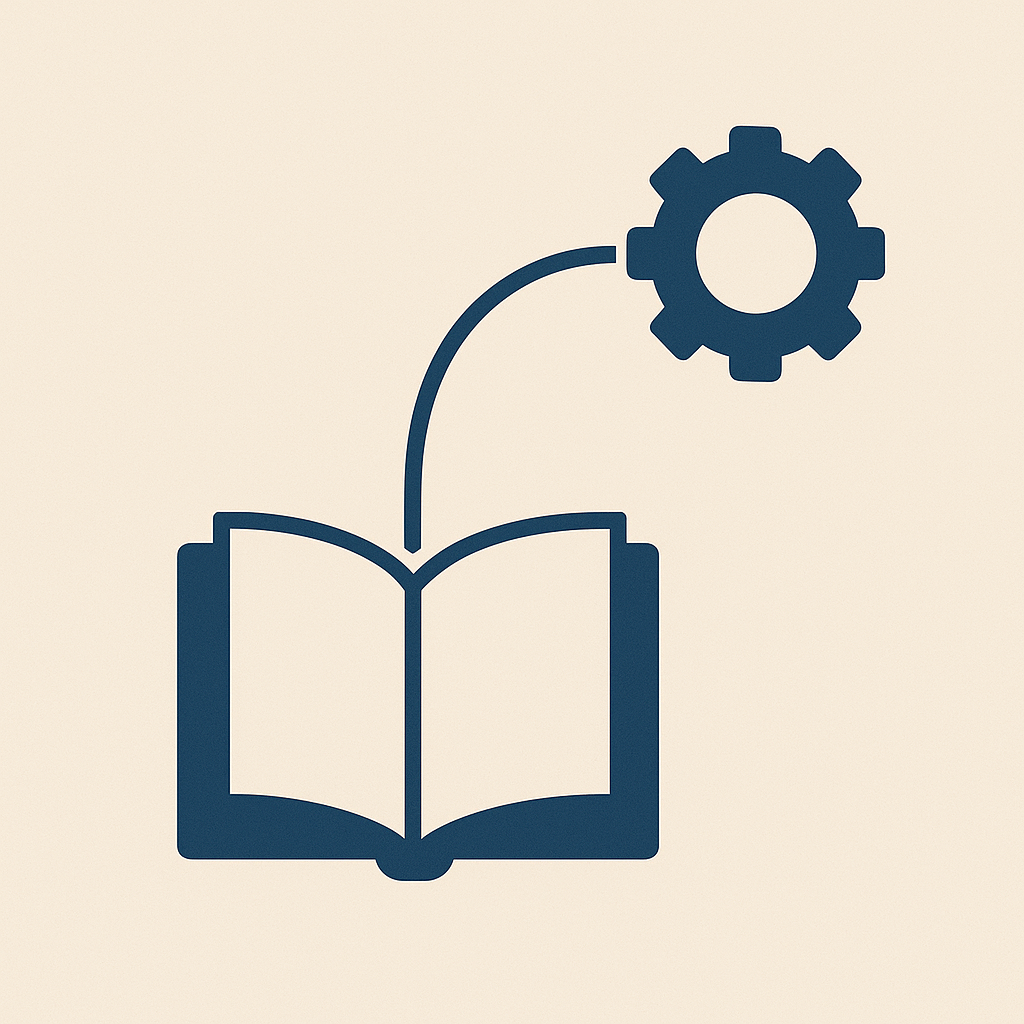The acceleration we are living in
Every technological revolution has changed the way we live and work.
But the one we are experiencing now — the Fourth Industrial Revolution — is unprecedented in both speed and scale.
What once took decades now happens in years.
Automation, artificial intelligence and data-driven systems are transforming professions faster than education can adapt.
By 2030, hundreds of millions of workers worldwide will need to change jobs.
And for many, this will happen mid-career — not at the beginning.
That’s why the real challenge today is not technology, but learning.
The return of education as strategy
Education can no longer be seen as a stage of life; it must become a continuous process, shared among institutions, companies and individuals.
“Learning by doing”, lifelong training and adaptability are no longer slogans but survival skills.
In this new ecosystem, universities and companies must rediscover their alliance — not as separate worlds that occasionally meet, but as partners shaping the skills, languages and values of tomorrow.
Universities as cultural engines of transformation
Universities are not only places of teaching but cultural infrastructures.
They connect knowledge and practice, research and society, ideas and economy.
Their traditional role as mediators between different worlds — students, communities, enterprises — makes them key players in the 4.0 transition.
But this requires a change of perspective:
companies must no longer be seen as passive recipients of graduates or funding sources, but as active participants in the academic process.
Partners in curricula, research and innovation.
From parallel paths to shared projects
Collaboration should not be exceptional but systemic.
From co-designed programs and project works to joint research and continuing education, the goal is one: create bridges between learning and work that evolve at the same speed as technology.
This means combining hard and soft skills — technical expertise with critical thinking, creativity and ethics.
Because innovation is not only about machines. It’s about people.
A new form of responsibility
Universities and companies are, in their own ways, societing actors: they shape culture, influence behaviour and generate social value.
The new alliance between them is not only an economic necessity — it’s a civic responsibility.
To face a transformation this fast, we must bring knowledge and enterprise back to the same table — not to discuss whatto teach, but why.
Because the future of work is not just about new professions, but about new meanings.




